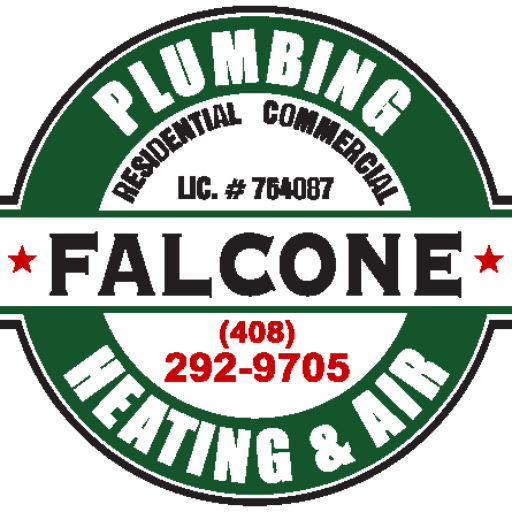About Us
Whether you need a new water heater for your home or urgent sewer repairs for your office, our expert contractors have you covered. Contact us today for reliable plumbing solutions!
Best Services
- Air Conditioning Services
- Heating Services
- Plumbing Services
- Sewer Line Repair
- Emergency Plumbing
- Bathroom and Kitchen Fixtures
Contact Info
286 Barnard Ave, San Jose, CA 95125, United States
- +1 408-292-9705
- [email protected]
[email protected] - callfalcone.com
Newsletters
Subscribe to our newsletter :
Copyright © 2024 Falcone Plumbing Heating & Air
